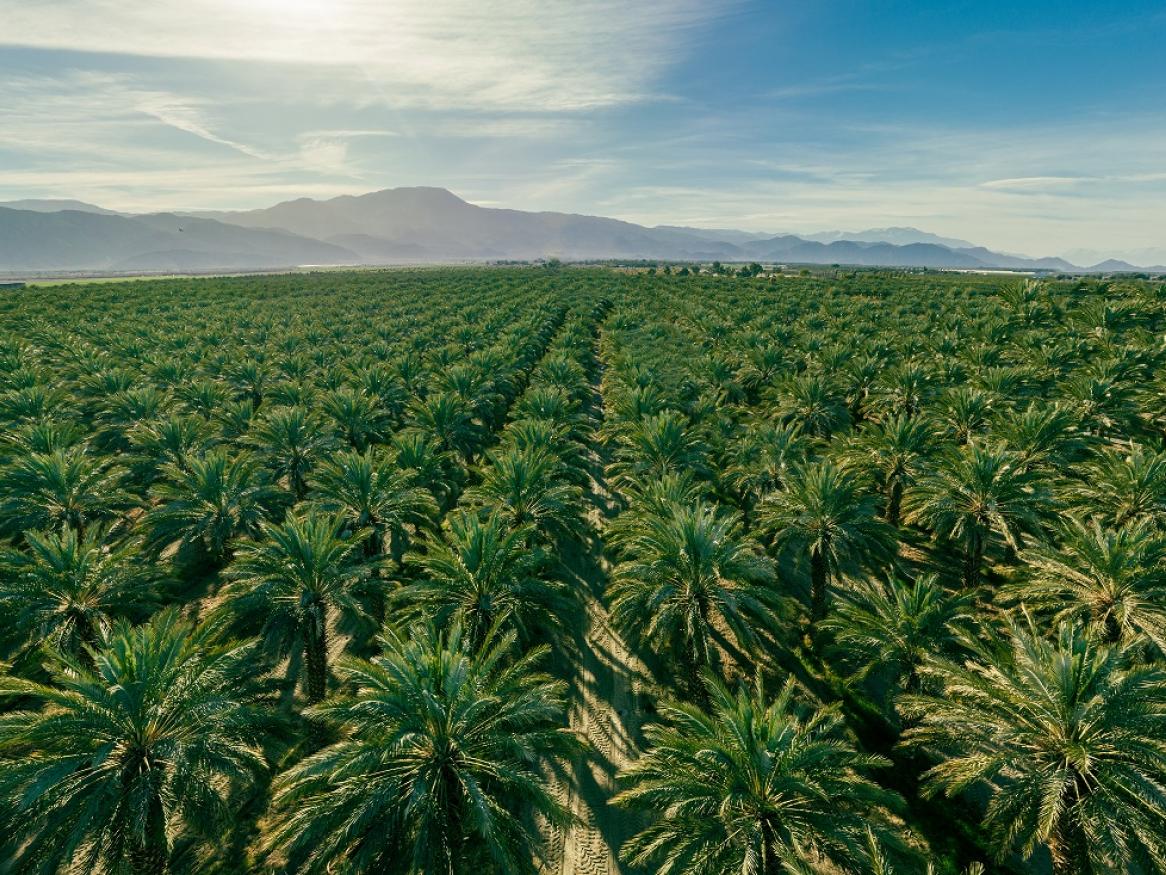News from the Institute for International Trade
Search news stories
Enter a keyword to search news.
How is the ‘Business of Climate’ impacting the ‘Climate of Business’?

WORKING PAPER 19: The European Union’s Green Deal introduces the Deforestation Regulation and Corporate Sustainability Due Diligence Directive (CSDDD) to ensure sustainable supply chains. These regulations pose challenges for exporters from Emerging Asia, especially smallholder producers, due to strict compliance and documentation requirements. Countries like Indonesia, India, and Malaysia are concerned about the economic burden and trade barriers these rules impose. While certification alignment could ease compliance, high costs remain a barrier. For a smooth transition, the EU needs to improve support mechanisms and foster greater collaboration with affected trading partners
[Read more about How is the ‘Business of Climate’ impacting the ‘Climate of Business’?]
Indonesia’s Trade Policy Regime amidst Global Challenges

POLICY BRIEF No. 28 – Dr Harry Wardana is an Economist at the Institute for International Trade, University of Adelaide. Indonesia's trade policy is currently shaped by a fragmented global trade environment marked by geopolitical tensions and supply chain disruptions. As an emerging economy in ASEAN, Indonesia faces significant challenges, particularly in managing the impacts of global inflation, commodity price volatility, and interest rate hikes. Despite these challenges, Indonesia has maintained steady economic growth, driven by strong fiscal and monetary policy coordination, robust domestic demand, and a positive current account balance. Looking forward, the new government led by Prabowo Subianto must navigate these global risks and chart a strategic path that fosters economic resilience and sustainable growth while maintaining Indonesia's neutral stance in regional geopolitical dynamics.
[Read more about Indonesia’s Trade Policy Regime amidst Global Challenges]
Due Diligence Legislation and Policies: Australia’s TransparencyBased Approach to Addressing Risks of Modern Slavery in Supply Chains

POLICY BRIEF No.27 - Dr Legesse Mengie is a sessional lecturer and researcher at the University of Adelaide and University of South Australia. Australia’s Modern Slavery Act, enacted in 2018, represents a transparency-based approach to combating modern slavery in supply chains. Unlike its counterparts in Europe and North America, the Act lacks penalties for non-compliance and imposes no specific positive due diligence obligations beyond reporting requirements. However, recent studies and the government’s statutory review highlight significant compliance challenges, suggesting that substantial reforms to the current due diligence system are imminent. These reforms are critical for aligning Australia's legislation with international best practices while balancing the need to protect human rights and sustain corporate competitiveness
Implications of the EUDR on global palm oil supply chains

WORKING PAPER 18: From December 2024, the European Union Deforestation Regulation (EUDR) will require palm oil to come from sources not linked to deforestation. This creates challenges for suppliers, especially small ones, due to strict tracking and compliance rules. Countries like Indonesia and Malaysia are concerned about these challenges. However, aligning with certification schemes like Malaysia's MSPO may help gain EU approval. The EUDR also classifies countries by deforestation risk, making it easier for low-risk nations to comply. For a smooth shift to deforestation-free trade, it's important to extend timelines, support small suppliers, and use local initiatives.
[Read more about Implications of the EUDR on global palm oil supply chains]
This work is licensed under Commons Attribution-NonCommercial-NoDerivatives 4.0 International License.
IIT is a global leader in researching, analysing and commenting on International Trade.
Stay informed about our up-and-coming seminars, events, publications, awards, new projects and collaborations, and other exciting news.
